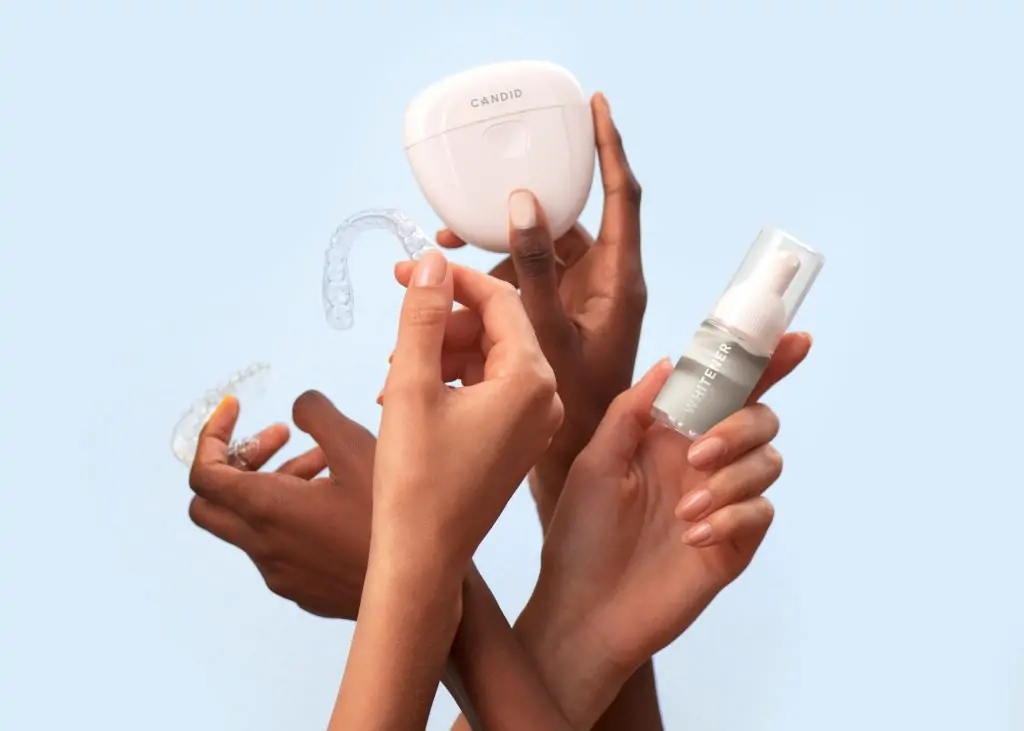
Good oral care is essential for maintaining overall health. Many people underestimate the impact of their oral hygiene habits. Common mistakes can lead to dental issues like cavities, gum disease, and even tooth loss. Poor oral care can also contribute to health problems beyond the mouth, including heart disease and diabetes.
Understanding these mistakes and how to avoid them can improve your oral health. This blog will help you identify common pitfalls in oral care and provide solutions to ensure a healthier mouth.
Understanding Oral Care
What is Oral Care?
Oral care refers to practices that maintain the health of teeth, gums, and mouth. It involves daily habits such as brushing and flossing and regular dental check-ups. Proper oral care helps prevent dental issues and promotes overall health.
The Link Between Oral Health and Overall Health
Oral health plays a significant role in your overall well-being. Poor oral hygiene can lead to the buildup of harmful bacteria in the mouth. This bacteria can enter the bloodstream, potentially causing serious health conditions. Studies have shown links between gum disease and heart disease, diabetes, and respiratory infections.
For instance, individuals with gum disease may find it harder to control their blood sugar levels. This connection highlights the importance of maintaining a healthy mouth to support your overall health.
Additionally, good oral care can boost your confidence. Healthy teeth and gums improve your smile and can enhance your social interactions. Investing in your oral health can lead to a better quality of life. By understanding what oral care entails and its broader health implications, you can prioritize your oral hygiene routine.
Top Oral Care Mistakes to Avoid
Maintaining optimal oral health is crucial for your overall well-being. However, many people unknowingly make mistakes that can harm their teeth and gums. Here are the top oral care mistakes to avoid and tips on correcting them.
Mistake 1: Not Brushing Properly
Brushing your teeth may seem straightforward, but many people make common errors that compromise their oral health. One frequent mistake is brushing too hard, which can wear down enamel and irritate gums.
Another common issue is not brushing long enough. Many people brush for only 30 seconds, while the American Dental Association recommends at least two minutes.
Tips for Effective Brushing Techniques:
- Use a Soft-Bristled Toothbrush: Soft bristles are gentle on gums and effective at removing plaque.
- Brush in Circles: Instead of scrubbing back and forth, use gentle circular motions to clean all surfaces of your teeth.
- Pay Attention to All Areas: Do not forget to brush each tooth’s outer, inner, and chewing surfaces. Also, spend some time on your tongue.
- Set a Timer: Use a timer or an electric toothbrush with a built-in timer to ensure you brush for the full two minutes.
Mistake 2: Skipping Flossing
Many people underestimate the importance of flossing. Brushing alone cannot remove plaque and food particles stuck between teeth, but flossing is essential for preventing cavities and gum disease.
Correct Flossing Techniques:
- Use Enough Floss: Cut a piece about 18 inches long and wind it around your fingers, leaving a few inches to work with.
- Gentle Technique: Slide the floss gently between your teeth, curving it around each tooth in a “C” shape. Avoid snapping the floss, as this can damage your gums.
- Floss Daily: Make it a part of your daily routine, ideally before brushing at night, to ensure you remove food particles before sleeping.
Mistake 3: Using the Wrong Toothbrush
Choosing the right toothbrush can significantly impact your oral health. Many people opt for hard-bristled toothbrushes, believing they clean better, but this can lead to enamel wear and gum recession. Electric toothbrushes can be more effective for some individuals, but manual toothbrushes work just as well if used correctly.
Key Considerations:
- Soft Bristles are Best: Always opt for a toothbrush with soft bristles to minimize damage to your teeth and gums.
- Size Matters: Choose a toothbrush head size that fits comfortably in your mouth and allows you to reach all areas easily.
- Manual vs. Electric: If you have trouble brushing effectively with a manual toothbrush, consider switching to an electric toothbrush, which often has timers and pressure sensors.
Mistake 4: Ignoring Diet and Nutrition
Your diet plays a crucial role in your oral health. Consuming too much sugar can lead to cavities, while acidic foods can erode enamel.
Foods to Avoid:
- Sugary Snacks and Drinks: Limit candies, soda, and other sugar-laden items.
- Acidic Foods: Citrus fruits and vinegar can wear down tooth enamel when consumed in excess.
Healthier Options:
- Fruits and Vegetables: Crunchy fruits and veggies like apples and carrots can help clean teeth naturally.
- Dairy Products: Foods rich in calcium, like yogurt and cheese, help strengthen teeth.
- Water: Drink plenty of water, especially fluoridated tap water, to help rinse away food particles and bacteria.
Mistake 5: Not Visiting the Dentist Regularly
Regular dental check-ups are vital for maintaining oral health. Many people skip these visits, believing they only need to see a dentist Edmonton when they have a problem. This mindset can lead to serious issues that are more difficult and expensive to treat.
Importance of Routine Check-Ups:
- Early Detection: Dentists can catch problems early, such as cavities and gum disease, before they become severe.
- Professional Cleanings: Regular cleanings remove plaque and tartar that at-home care may miss.
Recommended Dental Visit Schedule:
- Twice a Year: Most people should visit the dentist at least every six months. However, some may need to go more frequently based on individual needs or dental history.
Mistake 6: Using Mouthwash Incorrectly
Mouthwash is often viewed as a quick fix for oral care. Many people use it as a substitute for brushing and flossing, which is a significant misconception. Mouthwash should complement your oral hygiene routine, not replace it.
Using Mouthwash Correctly:
- After Brushing and Flossing: Use mouthwash after brushing and flossing to rinse away any remaining debris and bacteria.
- Follow Instructions: Always read the label and follow the instructions on how long to swish it around in your mouth for maximum effectiveness.
Mistake 7: Neglecting Tongue Cleaning
Your tongue can harbor bacteria and food particles, leading to bad breath and other oral health issues. Many people forget to clean their tongues during their oral care routine.
Importance of Tongue Cleaning:
- Prevent Bad Breath: Regular tongue cleaning helps reduce bad breath and keeps your mouth fresher.
- Improves Taste: Cleaning your tongue can also enhance your sense of taste by removing residue that may interfere with taste buds.
Recommended Tools for Tongue Cleaning:
- Tongue Scrapers: These are designed to clean the tongue and can effectively remove bacteria.
- Toothbrushes: You can also gently brush your tongue with a toothbrush, ensuring it cleans from the back to the front.
The Benefits of Good Oral Care
Avoiding these oral care mistakes leads to significant long-term benefits. Healthy teeth and gums reduce the risk of cavities and gum disease, which saves money on dental treatments and prevents discomfort and pain associated with dental issues. Maintaining good oral hygiene also boosts confidence. A bright, healthy smile can make a great impression on others and improve social interactions.
Personal experiences often highlight these benefits. For example, individuals who adopted better oral care habits report feeling more confident in their smiles. Many share that regular dental visits and proper brushing techniques have greatly improved their oral health. They experience fewer issues and enjoy more peace of mind. Maintaining a healthy mouth can lead to a healthier lifestyle. Prioritizing oral care fosters better overall well-being and quality of life.
Maintaining proper oral hygiene is crucial for a healthy mouth and overall well-being. Avoiding common mistakes can prevent serious dental issues. By being mindful of your oral care habits, you can enjoy a healthier mouth and boost your confidence.
Remember to brush properly, floss daily, and visit our dentist regularly. Prioritize your oral health and make a positive change today!




